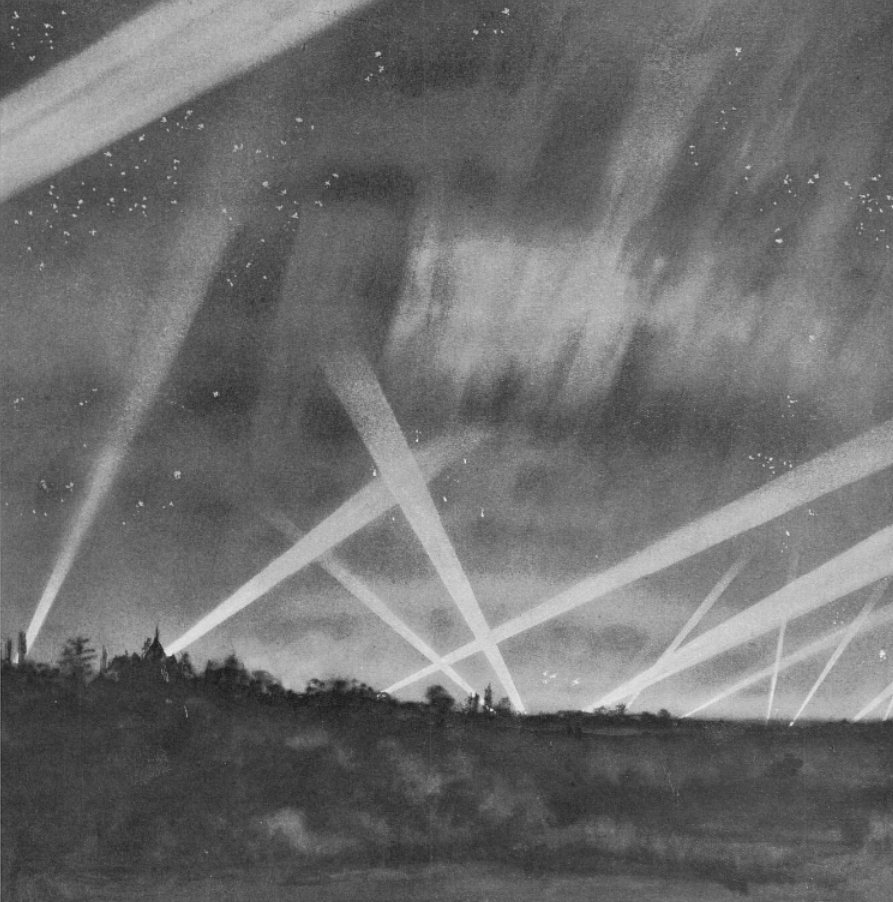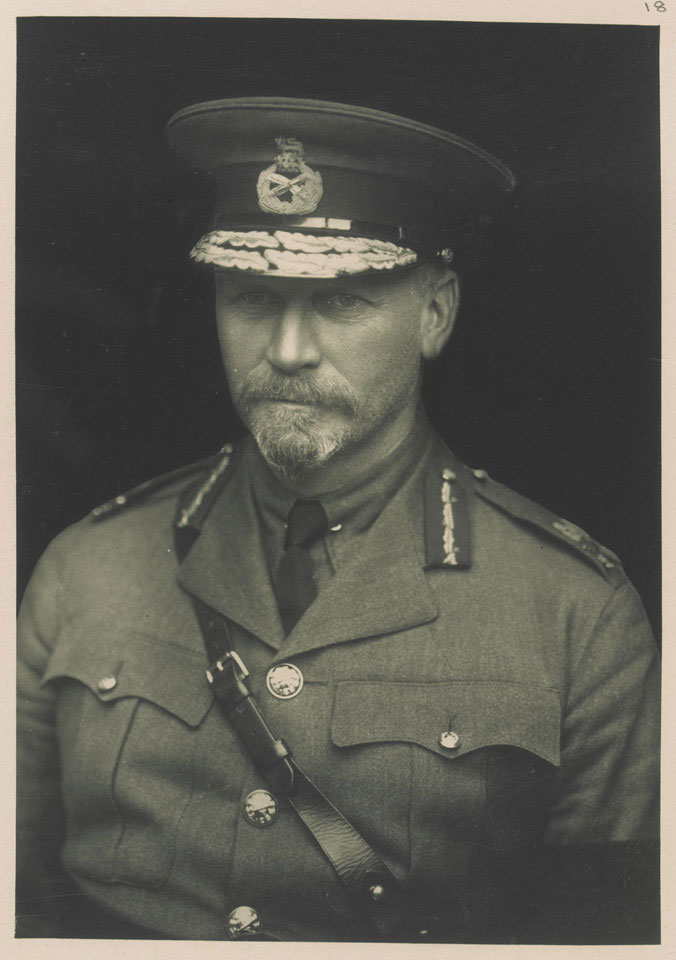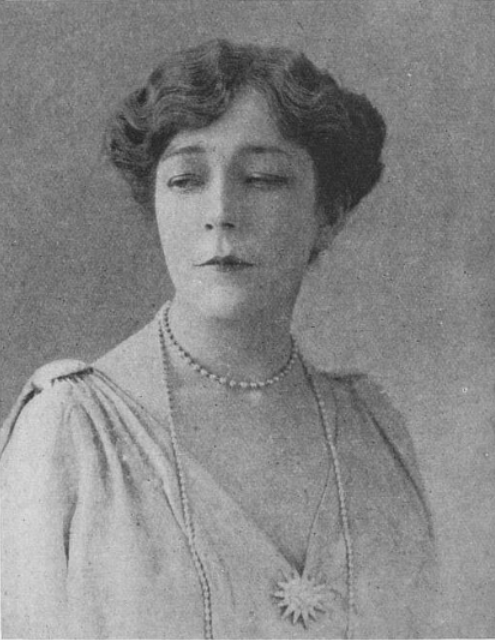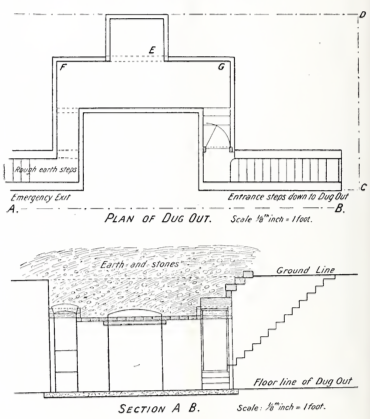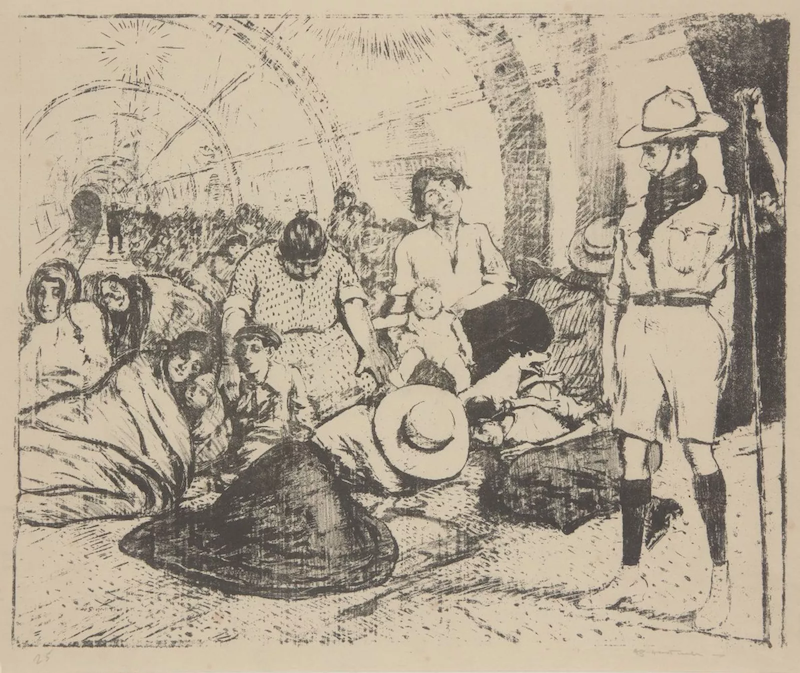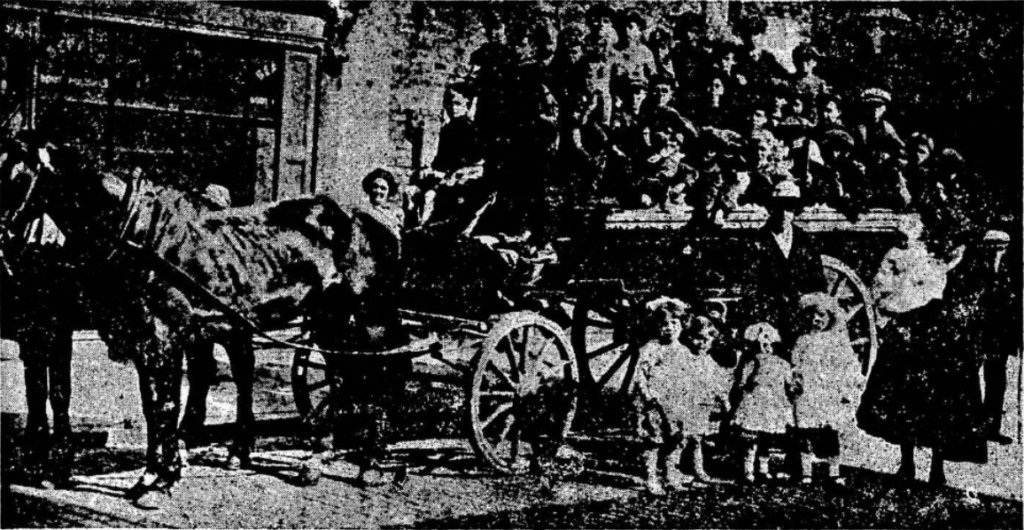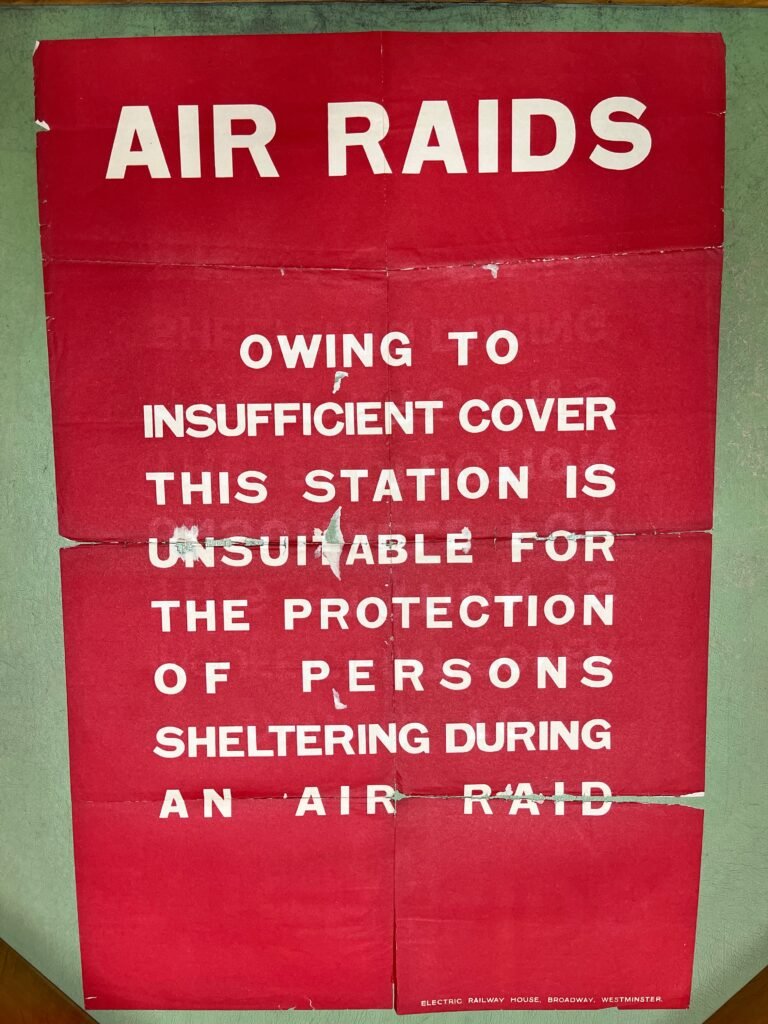Aurorae at war
This appeared in the correspondence section1 of Fortean Times 464 (December 2025), relating a story told by the grandmother of the author, Robert Flood: During the First World War her husband was serving in the Royal Naval Air Service and Nan was living with her parents in Temple Mill Lane, Stratford (her father worked at […]


